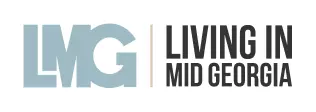How to Get Sellers to Pay Your Closing Costs in Georgia
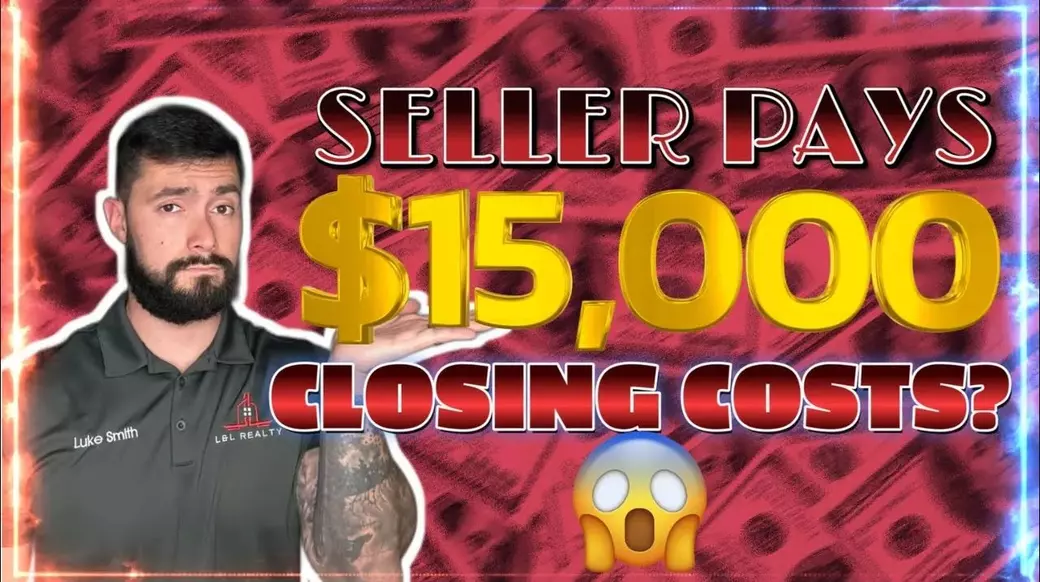
How to Get Sellers to Pay Your Closing Costs in Georgia
TL;DR — Getting the seller to pay your closing costs in Georgia hinges on a well-timed, well-prepared offer and smart negotiation. Closing costs typically run 2-5% of the home price (about $6,000-$15,000 on a $300,000 home), so understanding market conditions is key: a more neutral market can give buyers leverage, especially in Middle Georgia where inventory signals may be shifting toward balance. Start with a strong foundation—get pre-approved to show you’re a qualified buyer, price your offer competitively based on comps, and minimize contingencies to make the deal more attractive. Maintain clear, collaborative communication with the seller’s agent, and frame concessions as part of a win-win arrangement rather than a discount. You can also offer favorable terms like a quicker close and, in some cases, take advantage of new-construction incentives offering up to $20,000 in closing-cost help. As Luke Smith notes, this is a give-and-take negotiation, so your willingness to compromise in other areas often unlocks the savings you’re after.
As a home buyer, one of the biggest financial hurdles you'll face is covering the closing costs associated with your purchase. These fees, which typically range from 2-5% of the home's price, can add up quickly - we're talking thousands of dollars out of your pocket. But what if I told you there's a way to get the seller to foot the bill for those closing costs? In this in-depth guide, I'll show you exactly how to leverage the current real estate market in Georgia to your advantage and secure a deal where the seller pays your closing costs.
Understanding Closing Costs
First, let's break down what exactly closing costs are. These are the various fees and expenses you'll need to pay when finalizing the purchase of a home, above and beyond your down payment. Some common closing cost items include:
-
Loan origination fees
-
Appraisal fees
-
Title insurance
-
Attorney fees
-
Recording fees
-
Prepaid items like homeowner's insurance, property taxes, and mortgage interest
On a $300,000 home, you can expect to pay anywhere from $6,000 to $15,000 in closing costs. That's a significant chunk of change that can really put a dent in your home buying budget. But don't worry, I'm going to share some proven strategies to get the seller to cover those expenses.
Assessing the Current Real Estate Market
The key to successfully negotiating for the seller to pay your closing costs lies in understanding the current state of the real estate market. Is it a seller's market, a buyer's market, or somewhere in the middle?
During the height of the pandemic, we saw a classic seller's market - low inventory and high demand led to fierce competition among buyers, driving up prices and creating bidding wars. In that environment, it would have been extremely difficult to get a seller to pay your closing costs.
However, the market has started to shift in recent months. [Luke Smith] predicts that by the spring/early summer of 2023, we'll be in a more neutral market, with about 6 months' worth of housing inventory. This means buyers will start to regain some leverage in negotiations.
So if you're looking to buy a home in Middle Georgia right now, you may have a better chance of getting the seller to cover your closing costs. But you'll still need to craft a strategic offer to make it happen.
Crafting a Winning Offer
When it comes to getting the seller to pay your closing costs, there are a few key elements to include in your offer:
1. Get Pre-Approved
The first step is to get pre-approved for financing. This shows the seller that you're a serious, qualified buyer who is ready to move forward. It also puts you in a stronger negotiating position.
2. Price Your Offer Aggressively
Research the comparable sales (CMA) in the area to price your offer competitively. This demonstrates that you've done your homework and are making a fair, market-based offer.
3. Minimize Contingencies
Contingencies are conditions that must be met for the sale to go through, like the home appraising at or above the sale price. The fewer contingencies you have, the more attractive your offer will be to the seller.
For example, an FHA loan typically comes with an appraisal contingency that allows the buyer to back out if the home doesn't appraise at the sale price. Removing this contingency can give you an edge.
4. Communicate Effectively
Throughout the negotiation process, maintain open and transparent communication with the seller's agent. Ask thoughtful, open-ended questions to understand the seller's motivations and needs. This will help you craft a win-win solution.
Remember, this is a give-and-take situation. The seller is likely already pricing their home competitively, so you'll need to find a way to compromise. The key is to identify what's most important to the seller and structure your offer accordingly.
Negotiating for Seller-Paid Closing Costs
Once you've submitted your strong, strategic offer, the real negotiation begins. This is where you'll need to get creative and leverage the current market conditions to your advantage.
Start by having your agent reach out to the seller's agent to get a better understanding of the seller's situation and needs. Are they in a hurry to sell? Do they need a quick closing? Are they relocating to another state and need the proceeds from the sale?
Armed with this information, you can then propose a deal where you agree to the seller's terms (like a faster closing timeline) in exchange for them covering your closing costs. Framing it as a mutually beneficial arrangement, rather than just a request for a discount, can make the seller more receptive.
Another tactic is to ask the seller's agent directly what it would take for them to agree to pay the closing costs. This open-ended question allows the seller to name their price, which you can then negotiate from.
It's also worth noting that in some cases, new construction builders in the Middle Georgia area are offering up to $20,000 in closing cost assistance and seller concessions. So if you're considering a new build, be sure to inquire about those types of incentives.
The Power of Communication and Compromise
Throughout the negotiation process, it's crucial to maintain a collaborative, solution-oriented mindset. Avoid confrontational language or tactics - instead, focus on finding a compromise that works for both you and the seller.
Remember, the seller is likely just as motivated to close the deal as you are. By understanding their needs and finding creative ways to meet them, you can craft an agreement where everyone comes out ahead.
As [Luke Smith] emphasizes, "This is a give-and-take situation. You're asking the seller to discount their property by $10,000 or more, so you need to be willing to compromise in other areas to make it a win-win."
With the right strategy, communication skills, and a bit of flexibility, you can absolutely get the seller to cover your closing costs in today's Middle Georgia real estate market. It may take some work, but the potential savings make it well worth the effort.
Conclusion
Buying a home is a major financial investment, and finding ways to reduce the upfront costs can make a big difference. By understanding the current market conditions, crafting a strategic offer, and effectively negotiating with the seller, you can position yourself to have the seller cover your closing costs.
Remember, the key is to approach the negotiation with a collaborative mindset, focusing on finding a mutually beneficial solution. With the right real estate agent in your corner and a willingness to compromise, you can secure a deal that saves you thousands of dollars and puts you one step closer to homeownership.
Ready to get started? [Connect with Luke Smith] to put these strategies into action and find your dream home in Middle Georgia. Let's make your home buying journey a success!
Frequently Asked Questions (FAQ)
What are closing costs, and how much do they typically cost?
Closing costs are the fees paid when finalizing a home purchase in addition to your down payment. They usually total 2-5% of the home price, which means about $6,000-$15,000 on a $300,000 home.
Can sellers actually pay closing costs in Georgia?
Yes. Sellers can contribute to closing costs through negotiations, especially when market conditions favor buyers. A strong, well-structured offer, pre-approval, competitive pricing, minimized contingencies, and open communication with the seller’s agent can increase the chances.
What market conditions increase the chances of seller-paid closing costs?
A neutral or balanced market with more available housing supply can give buyers leverage. In Middle Georgia, inventory shifts toward balance may improve odds, and some new construction projects even offer closing-cost concessions.
What steps should I include in my offer to get seller concessions?
Get pre-approved, price the offer based on comparable sales, minimize contingencies, communicate effectively with the seller’s agent, and propose favorable terms (like a faster closing) in exchange for the seller paying closing costs.
Are there other incentives I should look for besides seller-paid closing costs?
Yes. New-construction incentives can include up to $20,000 in closing-cost assistance or other concessions; your agent can help identify and negotiate these options.
Categories
Recent Posts
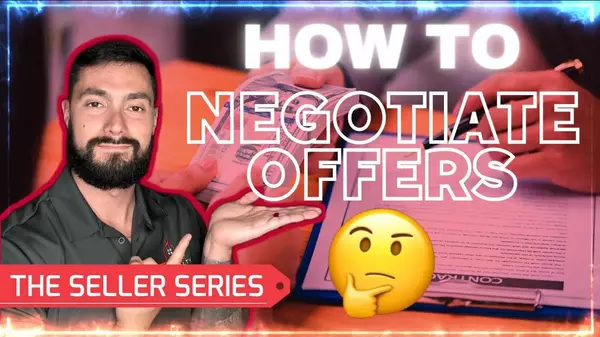
Mastering the Art of Negotiating a Winning Offer for Your Home
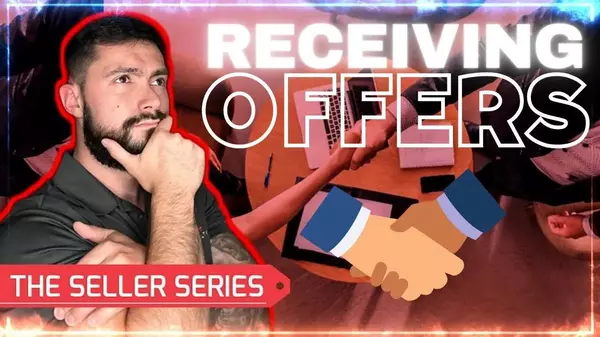
Navigating the Offer Review Process: Strategies for Maximizing Your Home Sale
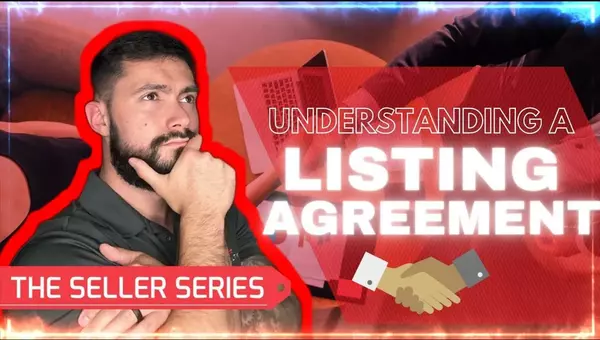
Mastering the Listing Agreement: Your Key to a Successful Home Sale

Unlock the Secrets to Landing Your Dream Job at Robins AFB
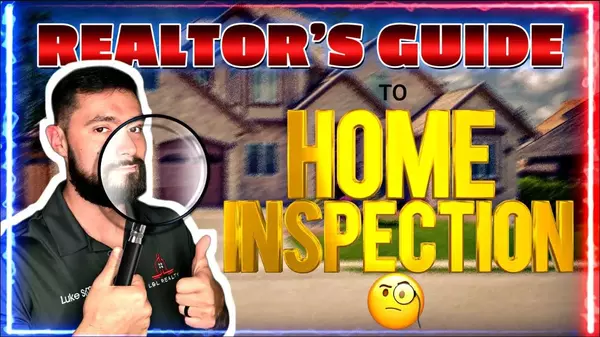
The Essential Home Inspection Checklist: Avoid Costly Surprises and Find Your Dream Home
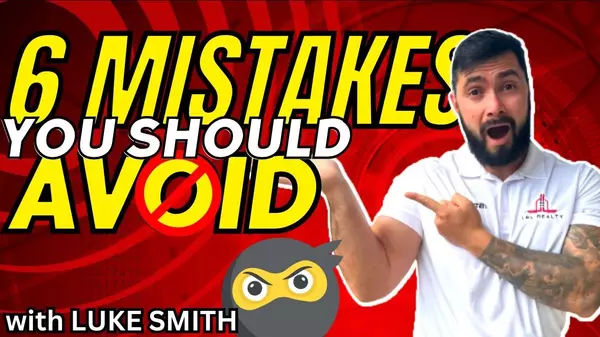
6 Costly Mistakes to Avoid When Selling Your Home
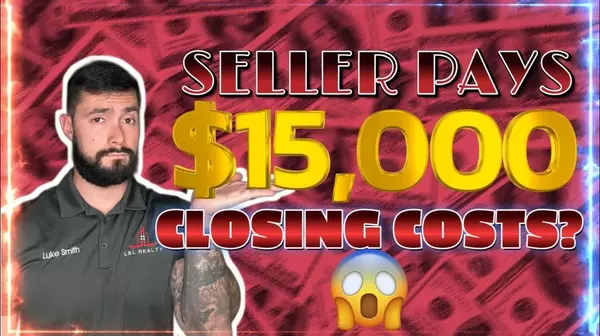
How to Get Sellers to Pay Your Closing Costs in Georgia

Top 7 Reasons to Move to Warner Robins, Georgia in 2024
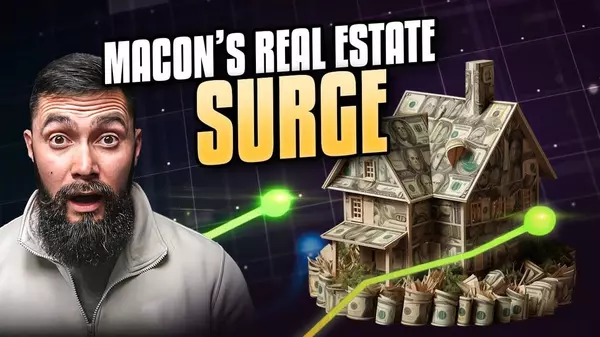
Unlock the Hidden Gem of Macon, Georgia: A Real Estate Investor's Paradise

The Complete Guide to Buying a Home in Middle Georgia in 2025
